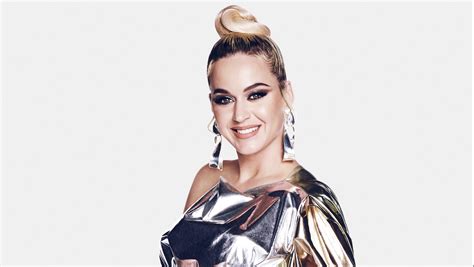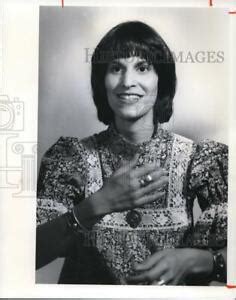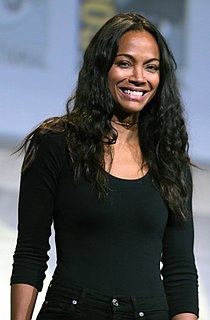A Quote by Perry Brass
The most amazing thing about young men is how invisible they were to you when you were young. It is also the most poignant.
Related Quotes
When you are young, you think that the old lament the deterioration of life because this makes it easier for them to die without regret. When you are old, you become impatient with the way in which the young applaud the most insignificant improvements … while remaining heedless of the world’s barbarism. I don’t say things have got worse; I merely say the young wouldn’t notice if they had. The old times were good because then we were young, and ignorant of how ignorant the young can be.
It was a wonderful time to be young. The 1960s didn't end until about 1976. We all believed in Make Love Not War - we were idealistic innocents, darling, despite the drugs and sex. We were sweet lovely people who wanted to throw out all the staid institutions who placed money and wars above all else. When you're young you think that's how life works. None of us were famous, we were broke. We didn't think they'd be writing books about us in 30 years. We were just kids doing the right thing.
It just struck me as really odd that there were all of these conversations going on about what young women were up to. Were young women having too much sex? Were young women politically apathetic? Are young women socially engaged or not? And whenever these conversations were happening, they were mostly happening by older women and by older feminists. And maybe there would be a younger woman quoted every once in a while, but we weren't really a central part of that conversation. We weren't really being allowed to speak on our own behalf.
I was a young feminist in the '70s. Feminism saved my life. It gave me a life. But I saw how so much of what people were saying was not matching up with what they were doing. For example, we were talking about sister solidarity, and women were putting each other down. We were talking about standing up for our rights, and women weren't leaving abusive relationships with men. There were just so many disconnects.
Britney's a very beautiful human being. After I worked with her, I realized that there was a reason why she was the most popular pop artist over so many other pop artists at that time who were more talented, had better voices. And it was because of her heart, her soulShe had the most amazing energy and was always positive and a very discreet person. We were young, too, and got to make a movie about three friends on a road trip. It was so much fun!
The strange thing about my life is that I came to America at about the time when racial attitudes were changing. This was a big help to me. Also, the people who were most cruel to me when I first came to America were black Americans. They made absolute fun of the way I talked, the way I dressed. I couldn't dance. The people who were most kind and loving to me were white people. So what can one make of that? Perhaps it was a coincidence that all the people who found me strange were black and all the people who didn't were white.
It's not about what you achieve, it's actually what you do for your industry and that's what I think is important. And when people look at me and they see my achievements with the restaurants do you know what I think? I think I did more than that. What I achieved was teaching young men and young women when they were young and inspiring them.

































